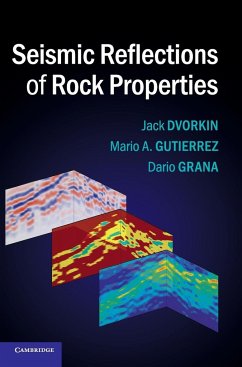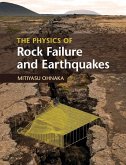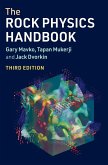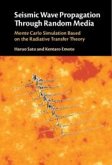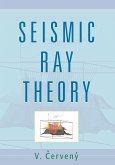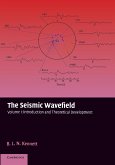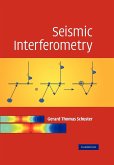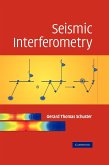This book provides an accessible guide to using the rock physics-based forward modeling approach for mapping the subsurface, systematically linking rock properties to seismic amplitude. Providing practical workflows, the book shows how to methodically vary lithology, porosity, rock type, and pore fluids and reservoir geometry, calculate the corresponding elastic properties, and then generate synthetic seismic traces. These synthetic traces can then be compared to actual seismic traces from the field: a similar actual seismic response implies similar rock properties in the subsurface. The book catalogs various cases, including clastic sediments, carbonates, time-lapse seismic monitoring, and discusses the effect of attenuation on seismic reflections. It shows how to build earth models (pseudo-wells) using deterministic and statistical approaches, and includes case studies based on real well data. A vital guide for researchers and petroleum geologists, in industry and academia, providing sample catalogs of synthetic seismic reflections from a variety of realistic reservoir models.
Hinweis: Dieser Artikel kann nur an eine deutsche Lieferadresse ausgeliefert werden.
Hinweis: Dieser Artikel kann nur an eine deutsche Lieferadresse ausgeliefert werden.

